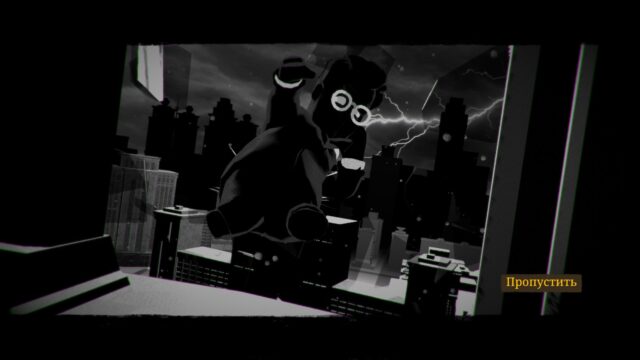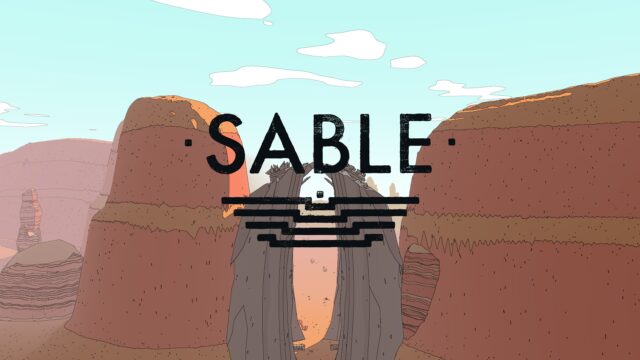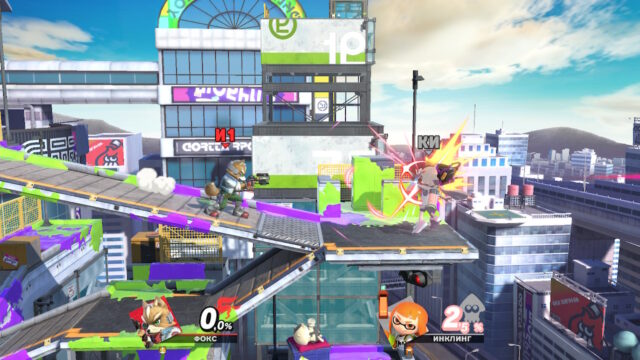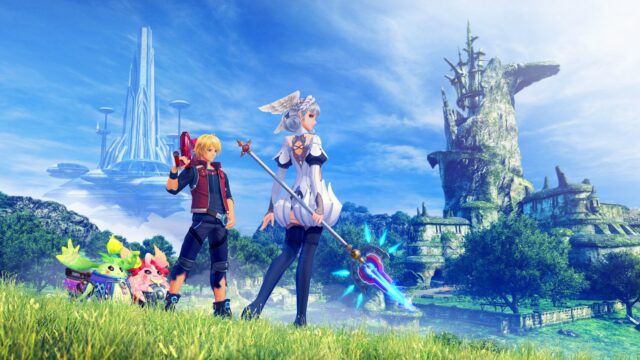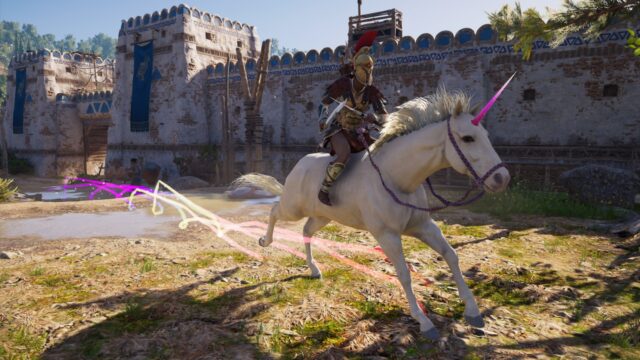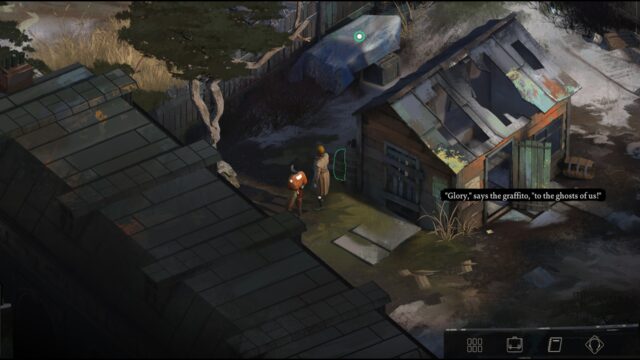Overgrowth Review: Who Framed Turner's Rabbit?
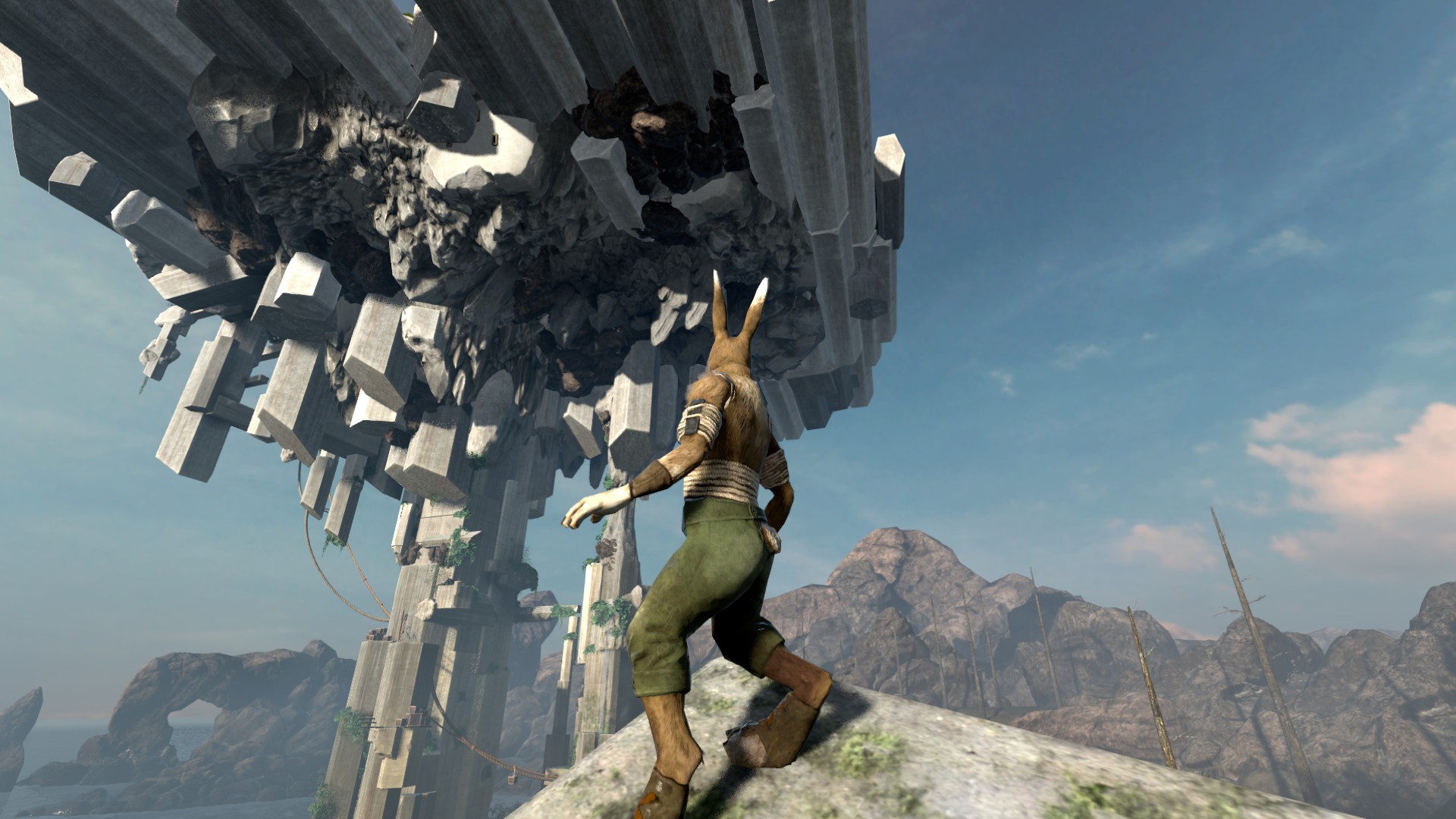
You don’t dare to curse Overgrowth out loud right away. On the one hand, one and a half people worked on the game without any notable achievements, so there was nowhere to start with grandiose accomplishments, meticulous elaboration, and other good things. It’s not an expensive AAA blockbuster, just someone’s bedroom dream – to make a brutal beat ’em up about bipedal rabbits. A strange dream, but modest and clearly defined in its ambitions.
And yet, Wolfire Games had been working on it for nine years. Nine! To give you a better idea of the situation, the project was announced when the first “iPhones” were coming off the assembly line, the latest horror film “Twilight” was playing in theaters, and the whole world was holding its breath waiting for the successor to George W. Bush. This is a colossal period even outside our industry, so such dedication from the developers still inspired some hope for a quality product.
A lot has changed in nine years, but Overgrowth is still there. Although formally the concept has finally reached version 1.0, it hardly feels like a finished and complete game. Just like a worthy step forward compared to Lugaru, a tiny tech demo from 2005, with which this epic began.
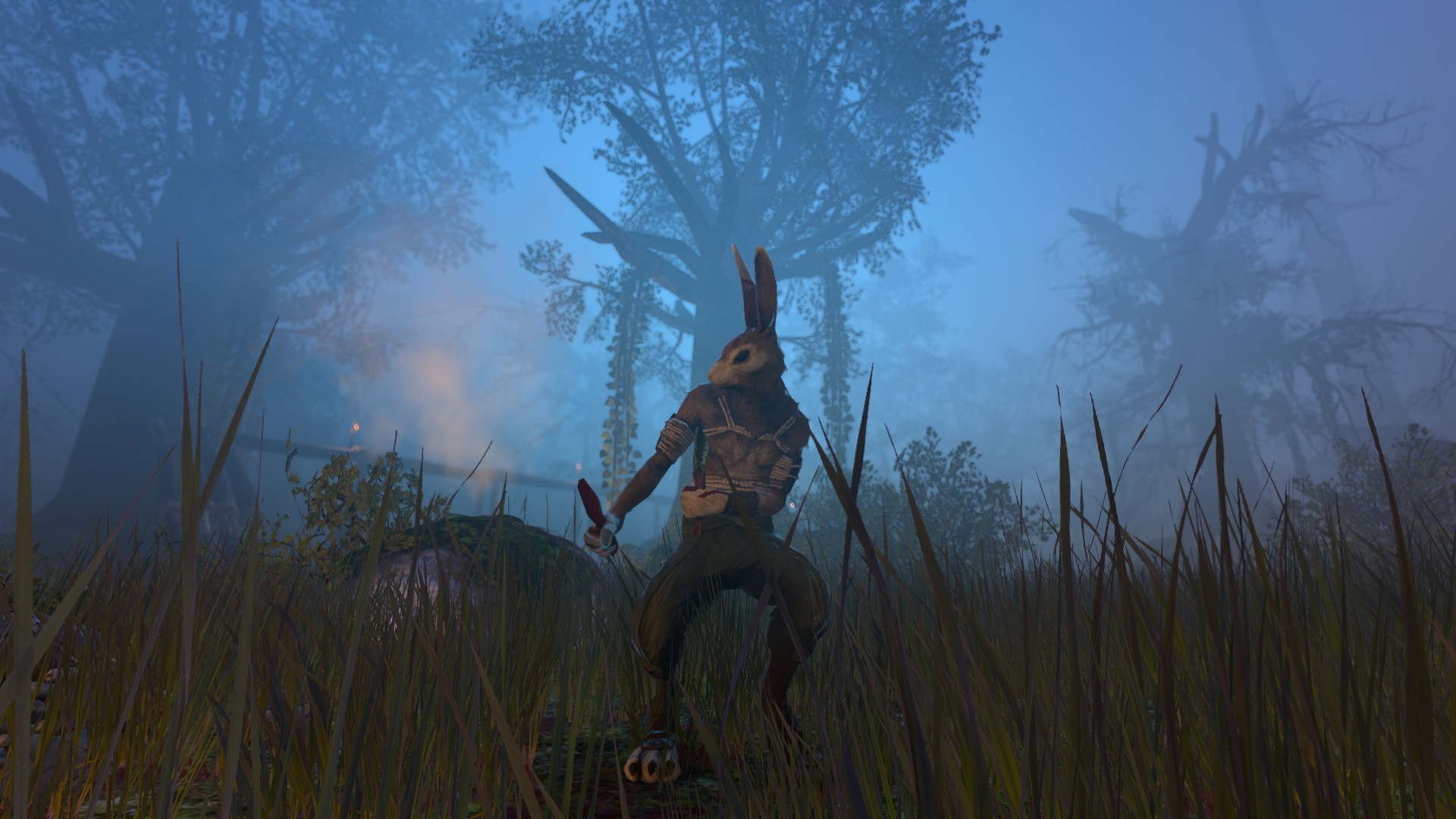
We are predictably returning to the story of the brutal rabbit Turner. After dealing with the criminal animal syndicate, he sets off to travel through his homeland in search of inner peace – and- and- in a way, he finds it, once again slitting the throats of the next villains. They, of course, turn out to be seasoned slave traders, foreign invaders, and all that, but some heroes, it seems, cannot live a day without trouble.
Plot-wise, Overgrowth is a “I’m good, they started it” version two. It’s not that it’s bad, it’s just that another Lugaru wasn’t really desired in that sense, especially considering the potential of the game universe. A cat empire that kidnaps natives for gladiatorial battles? Please, tell me more. I want to know about their culture, geography, hierarchy. I want to know where they got an army of sword-wielding Labradors and how they managed to build a fleet. I want to know everything.
However, the ridiculous, primitive script doesn’t pay any attention to that. We exist to beat faces, and the narrative solely promotes face-beating. The antagonists here express themselves solely with phrases like “argh, how I HATE rabbits!” and openly dream of tearing off a couple of fluffy tails for lunch, while Turner single-handedly exterminates an entire state, helping the utterly useless Secret Alliance™, which doesn’t even appear outside of cutscenes. Sad.
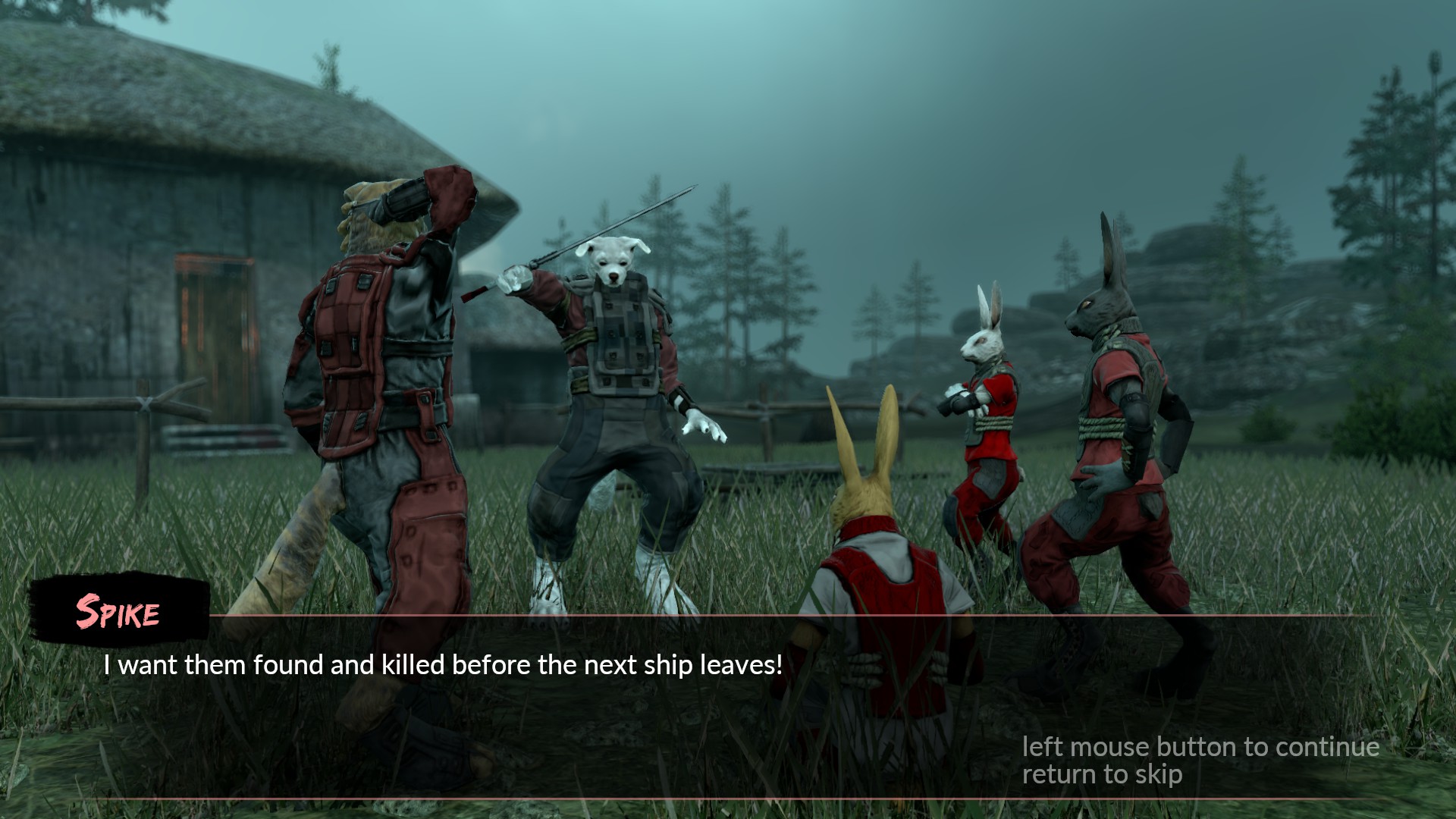
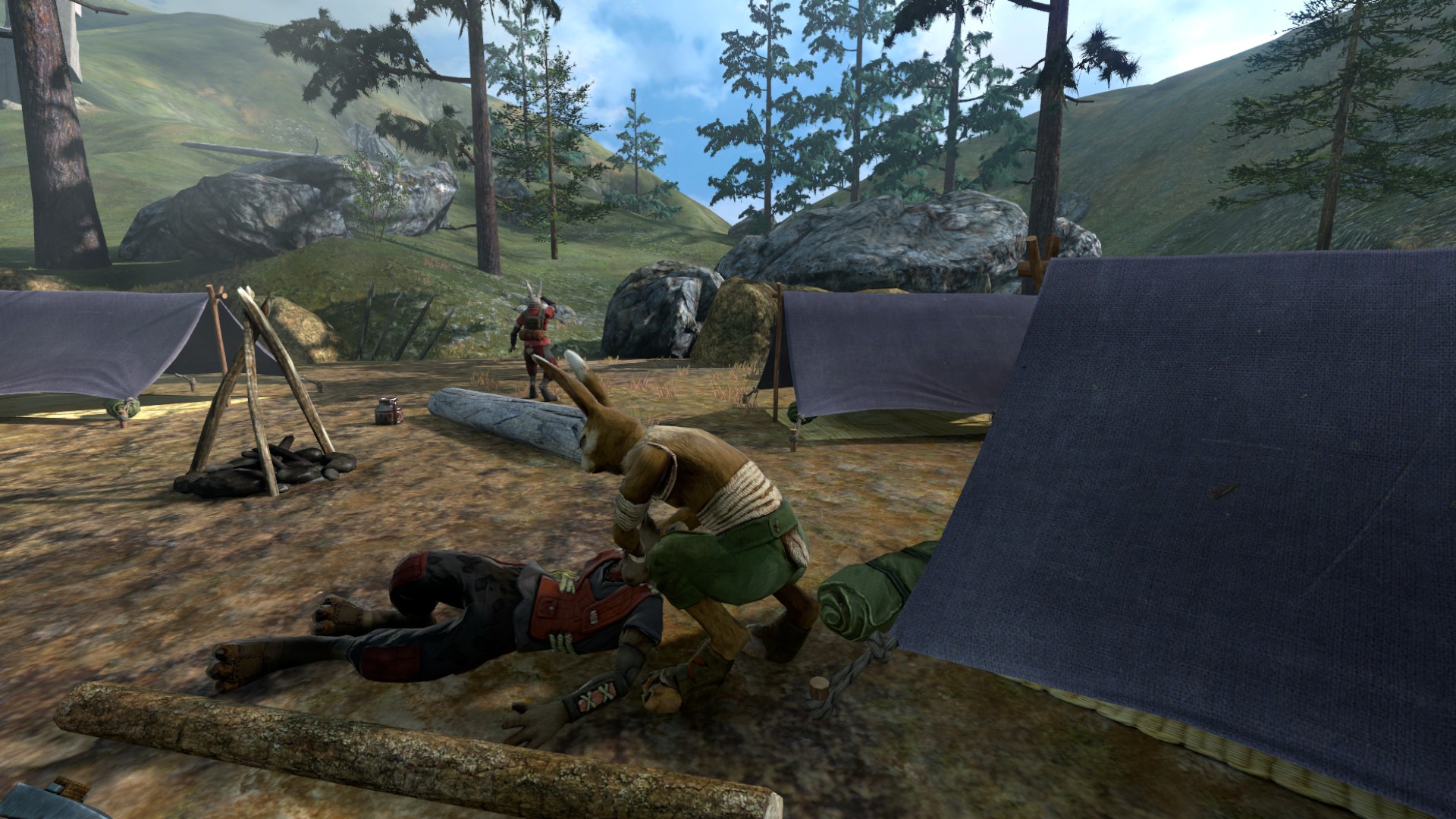
This strongly contrasts with the local level design, which seems to be designed for completely different needs and formats. Almost every chapter takes place in a separate level-arena in the spirit of Mount & Blade, that is, with kilometers and kilometers of empty, template fields, forests, and mountains. However, Overgrowth does not engage in large-scale battles throughout the entire playthrough, which raises a nagging question: maybe these are not arenas at all? Maybe something larger, more detailed, and smarter was really intended here? With exploration, side quests, and all that stuff we love in games with large spaces?
However it may be, the idea did not survive until the final product. But all these endless spaces around the lonely plot tower did survive, and there is absolutely no point in exploring them. The local gigantism initially confuses and attracts, but invisible walls are the only reward for a curious player.
In short, a coherent campaign did not work out. It seems that before the release, it was hastily put together from a couple of dozen random locations so that newcomers would not get lost and immediately find where to go to have a fight.
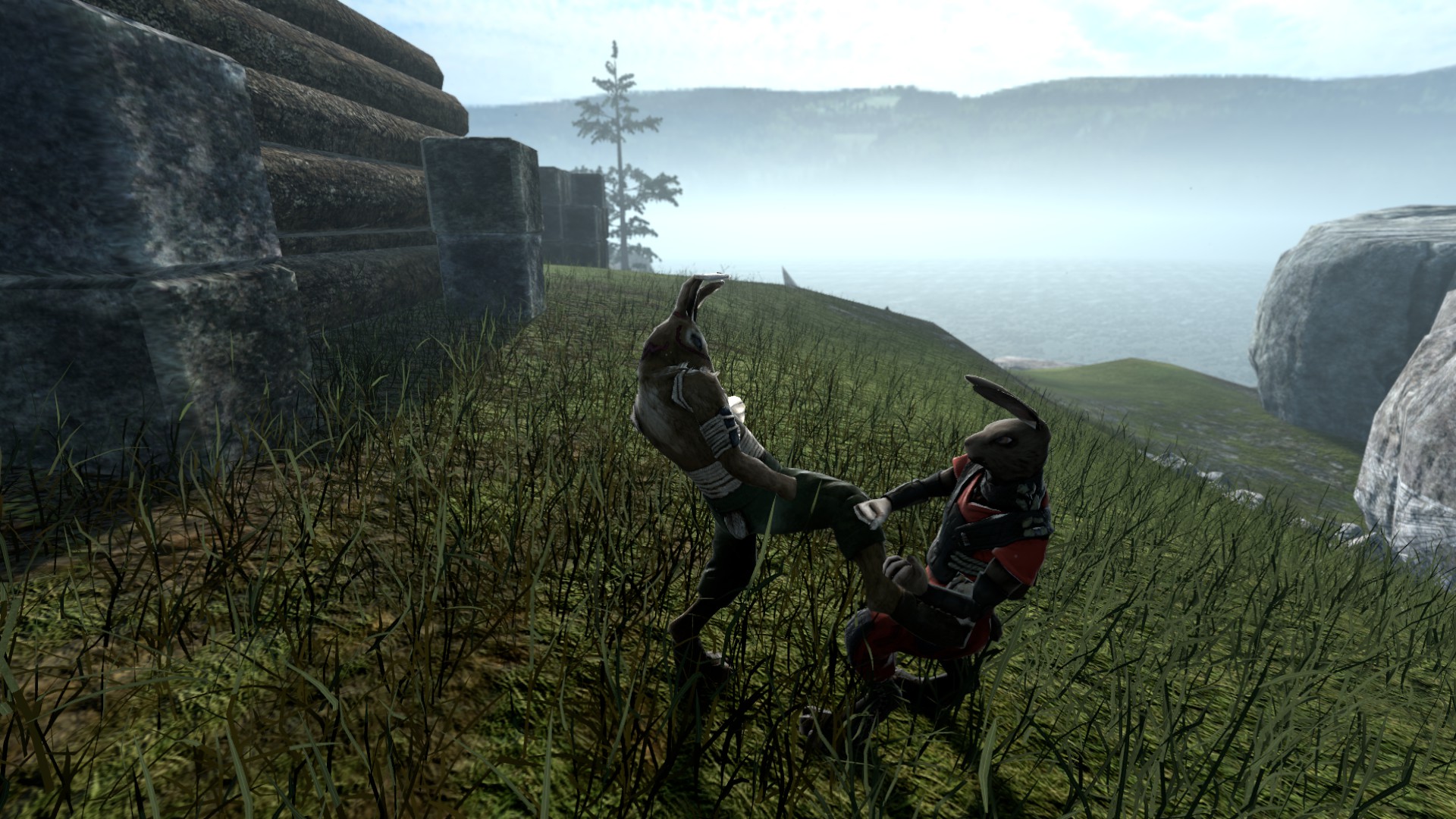
Now to the main point: fighting in Overgrowth, um, is not that interesting. I mean, purely from a technical point of view, everything is great, the transfer of the Lugaru idea to a homemade and very physical engine went according to plan, and the combat system is really unlike anything else. At first, trying to tame all this bunch of contextual animations, timings, grabs, and other counterattacks is quite intriguing, making you rejoice every time the long-eared Bruce Lee manages to perform a spectacular somersault without breaking his neck.
And overall, the learning process is a difficult but fun time, full of similar moments:
https://gfycat.com/VelvetyCluelessAlbacoretuna
Nevertheless, the skeleton of the combat system catastrophically lacks flesh on the bones, because essentially it is the same as in 2005, with some quantitative improvements. Compared to Lugaru, there are a bit more varieties of enemies and weapons here, but neither plays a significant role. In other words, the rabbits with sticks are only different from unarmed rats in that they hit harder. They do not possess any unique techniques for their kind, and therefore the player’s approach to combat is always the same. Once you have mastered, let’s say, a kick in a jump, you can use it with impunity anytime and anywhere.
By the way, aerial attacks have become a blatantly cheating move here. Although the artificial intelligence understands that it is better to run away from a flying opponent, it is powerless against a skilled dropper. Although the dummies in the same Lugaru had a counterattack for such cases, quickly and very painfully bringing active jumpers from the sky to the ground.
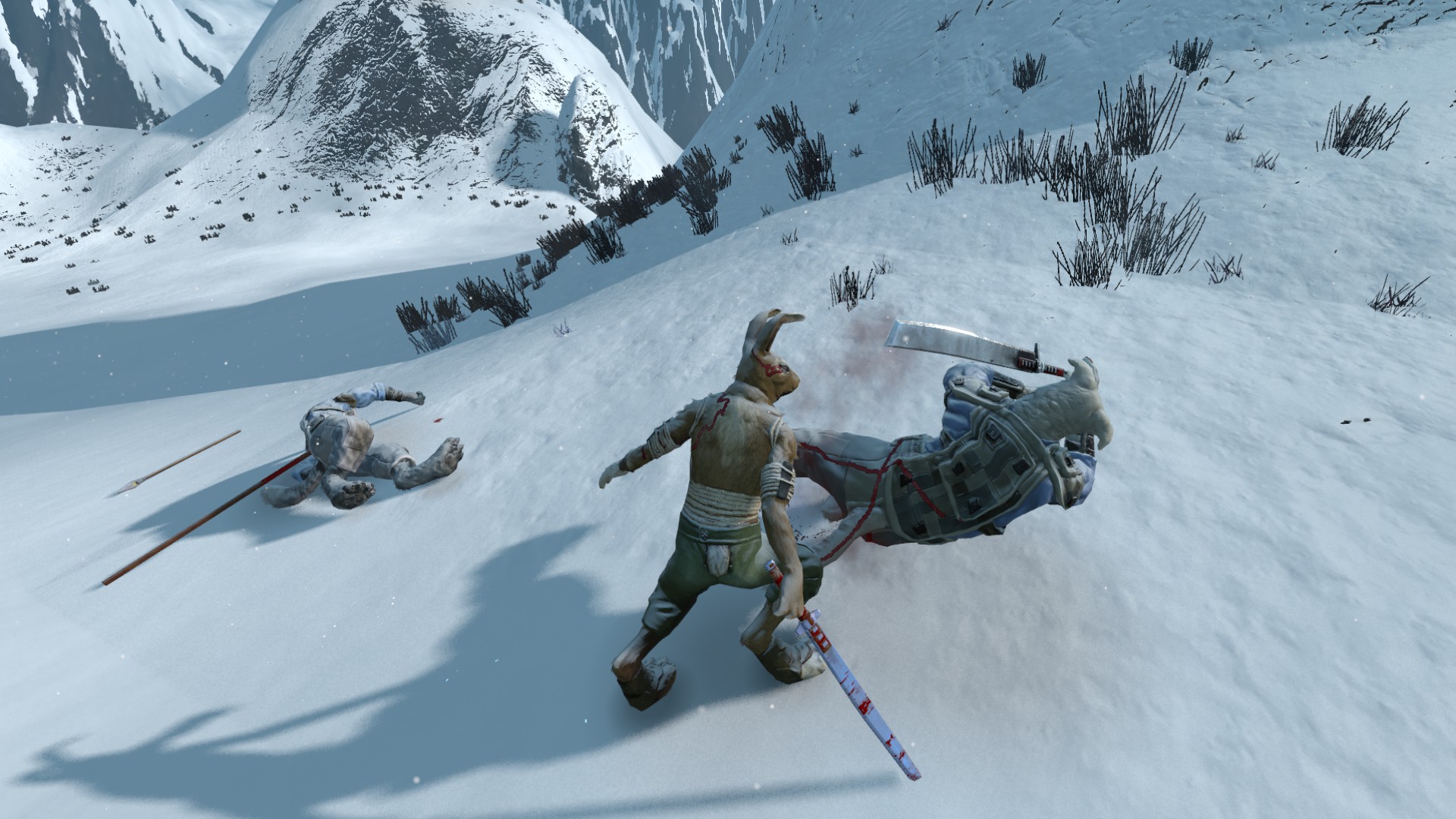
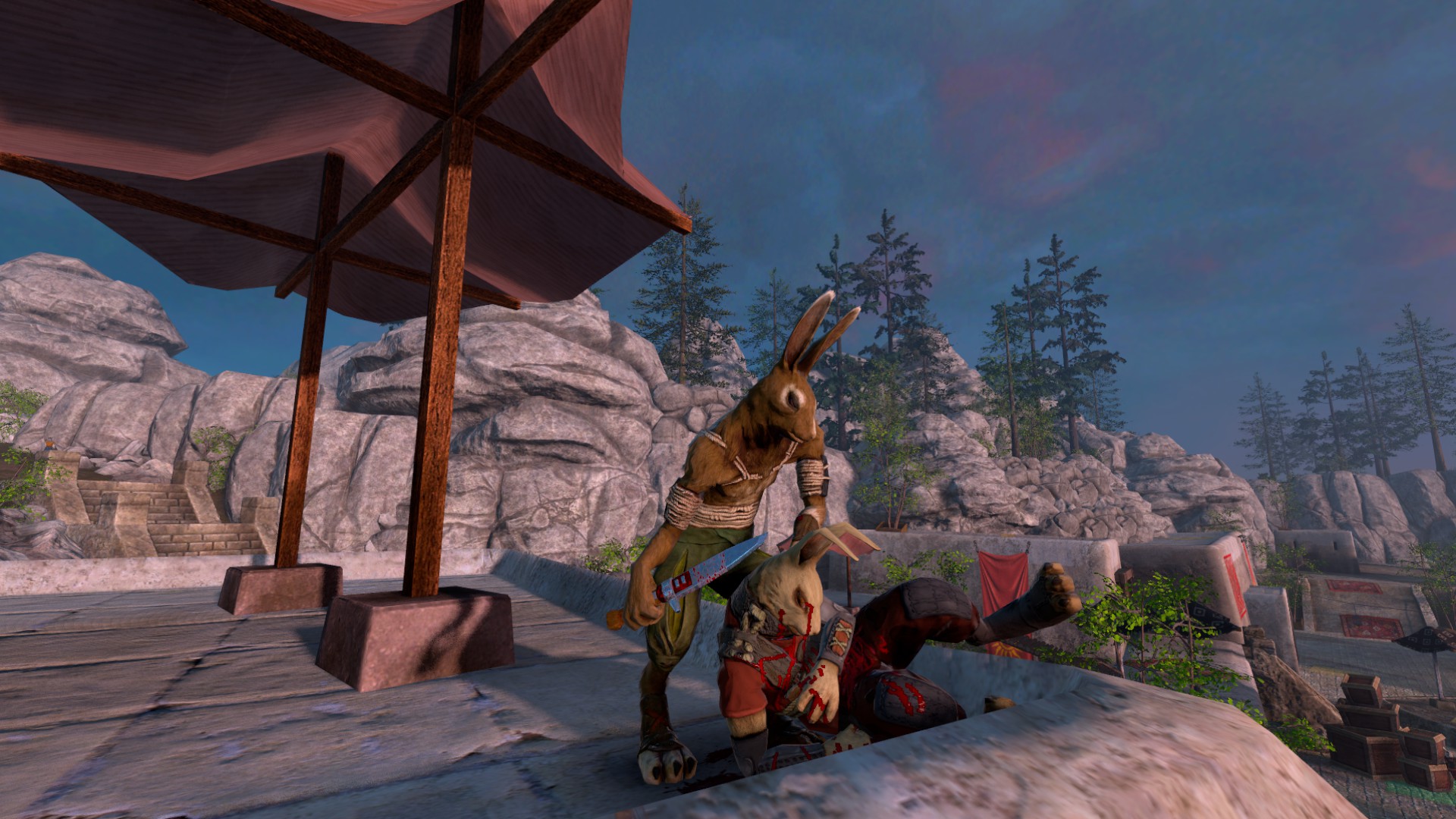
And in order for the relentless bloodshed not to get boring before it’s supposed to, Overgrowth introduced platforming episodes. Turner is still a rabbit, so it would be strange not to use his natural acrobatic gift for peaceful purposes.
Unfortunately, the platforming segments suffer rather than transform due to their own advanced physics. The character controls have a noticeable inertia, which doesn’t go well with the need to precisely calculate your own movements. Levels where you have to jump on logs and thin beams instead of flat wide platforms turn into a nightmarish roulette with a distinct taste of bad luck and irritating music. The game itself seems to be well aware of this, guiltily preserving itself at every other ledge.
But platforming, again, is quite bland even in the moments dedicated to it. It’s enough for a couple of times, and then you wait for a logical continuation of the feast. Additional mechanics, challenging trials – anything that would spice up the simple jumps on cubes. However, the maximum difficulty here is limited to awkward wall running and the aforementioned guesswork every time you need to grab onto a fateful edge.
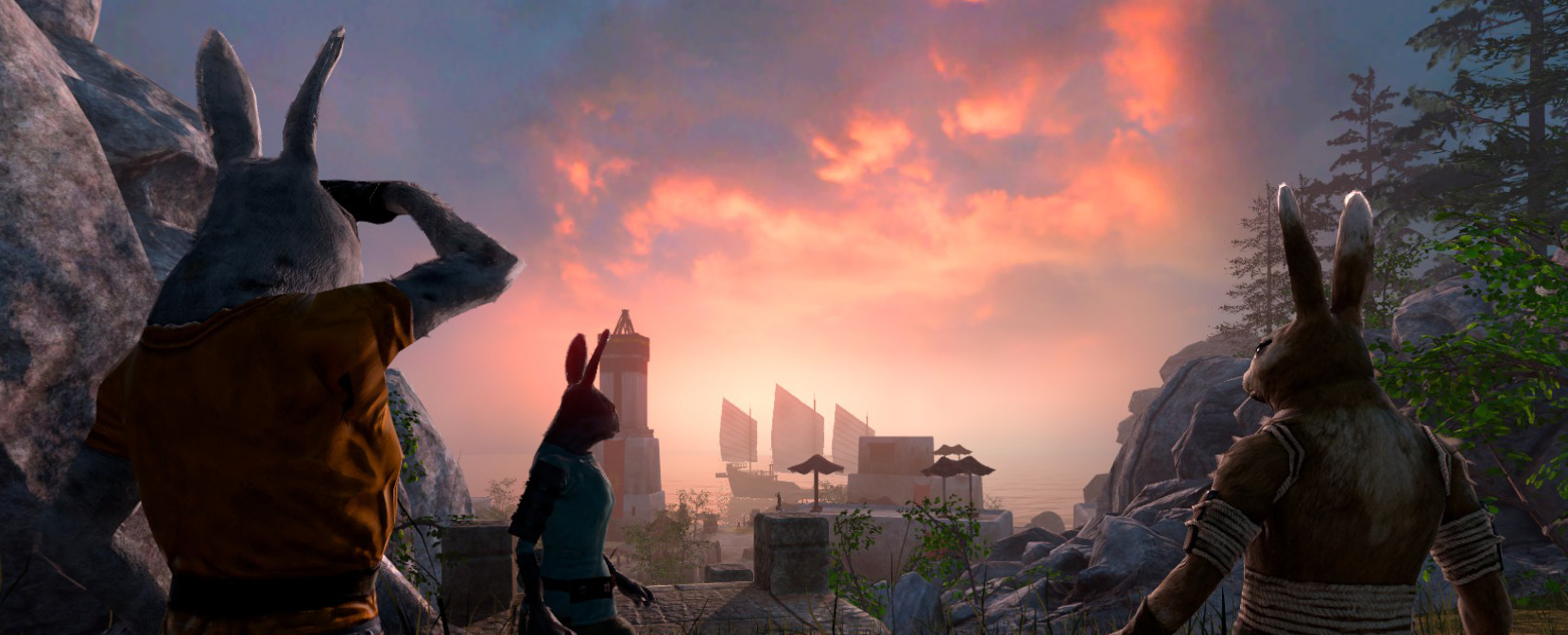
Perhaps, about five to seven years ago, when indie games were treated more leniently, all these problems wouldn’t have stood out so much, but today it’s no longer acceptable. Overgrowth is simply not polished enough. And the excuse of “lack of imagination” won’t work anymore: in the modern marketplace for game designers, there are dozens of ready-made ideas that Wolfire could undoubtedly borrow for the benefit of their creation. Destructible environment, procedural generation, RPG elements, puzzles, timers, boss fights – anything can be applied here. And much of it is perfectly achievable even with the resources of a custom engine.
The game’s integration with Steam Workshop confirms this. Hobbyist modders, among other things, have already fixed the questionable performance, added a bow and arrows, and even created a full-fledged campaign – and not just any campaign, but one with non-linearity, decent lore, and well-designed levels. All of these, mind you, were done by the community.
Of course, a lot of effort went into developing the foundation, but it’s still disappointing for Overgrowth. An interesting constructor for modders made it to release, but no one has made a good game in it yet. And now, who knows if they will ever make one…
Share
Discuss
More Reviews
